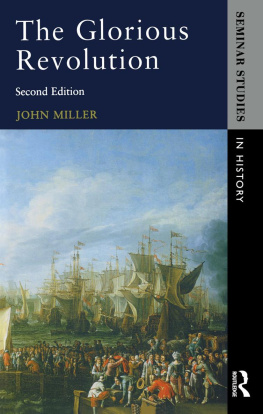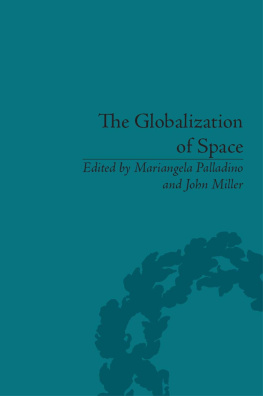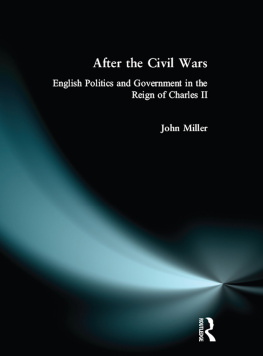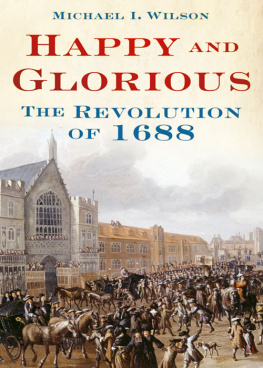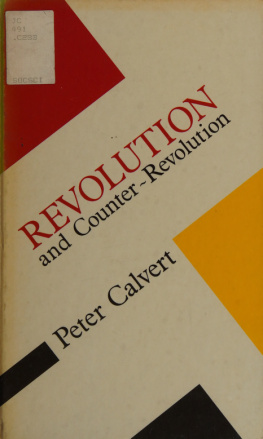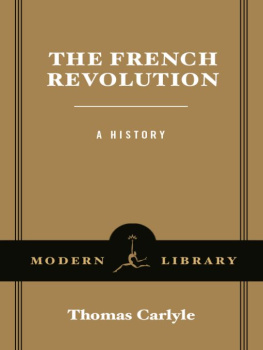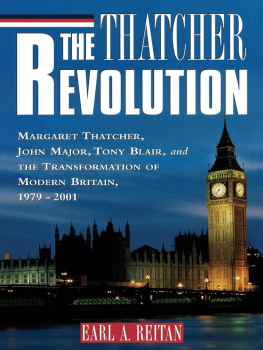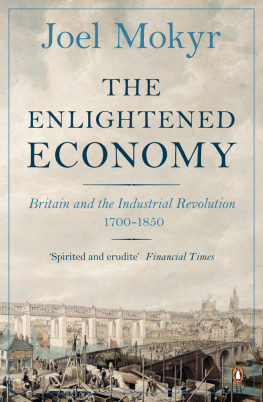THE GLORIOUS REVOLUTION
The Glorious Revolution
SECOND EDITION
JOHN MILLER
First published 1983 by Pearson Education Limited
Second Edition 1997
This edition published 2014 by Routledge
2 Park Square, Milton Park, Abingdon, Oxon OX14 4RN
711 Third Avenue, New York, NY 10017, USA
Routledge is an imprint of the Taylor & Francis Group, an informa business
Copyright 1983, 1997, Taylor & Francis
The right of John Miller to be identified as author of this Work has been asserted by him in accordance with the Copyright, Designs and Patents Act 1988.
All rights reserved. No part of this book may be reprinted or reproduced or utilised in any form or by any electronic, mechanical, or other means, now known or hereafter invented, including photocopying and recording, or in any information storage or retrieval system, without permission in writing from the publishers.
Notices
Knowledge and best practice in this field are constantly changing. As new research and experience broaden our understanding, changes in research methods, professional practices, or medical treatment may become necessary.
Practitioners and researchers must always rely on their own experience and knowledge in evaluating and using any information, methods, compounds, or experiments described herein. In using such information or methods they should be mindful of their own safety and the safety of others, including parties for whom they have a professional responsibility.
To the fullest extent of the law, neither the Publisher nor the authors, contributors, or editors, assume any liability for any injury and/or damage to persons or property as a matter of products liability, negligence or otherwise, or from any use or operation of any methods, products, instructions, or ideas contained in the material herein.
ISBN 13: 978-0-582-29222-2 (pbk)
British Library Cataloguing in Publication Data
A catalogue record for this book is available from the British Library
Library of Congress Cataloging-in-Publication Data
Miller, John, 1946
The glorious revolution / John Miller. -- 2nd ed.
p. cm. -- (Seminar studies in history)
Includes bibliographical references and index.
ISBN 0-582-29222-0
1. Great Britain--History--Revolution of 1688. I. Title. II. Series.
DA452.M55 1997
941.067--dc21
96-51472
CIP
CONTENTS
Such is the pace of historical enquiry in the modern world that there is an ever-widening gap between the specialist article or monograph, incorporating the results of current research, and general surveys, which inevitably become out of date. Seminar Studies in History are designed to bridge this gap. The series was founded by Patrick Richardson in 1966 and his aim was to cover major themes in British, European and World history. Between 1980 and 1996 Roger Lockyer continued his work, before handing the editorship over to Clive Emsley and Gordon Martel. Clive Emsley is Professor of History at the Open University, while Gordon Martel is Professor of International History at the University of Northern British Columbia, Canada and Senior Research Fellow at De Montfort University.
All the books are written by experts in their field who are not only familiar with the latest research but have often contributed to it. They are frequently revised, in order to take account of new information and interpretations. They provide a selection of documents to illustrate major themes and provoke discussion, and also a guide to further reading. The aim of Seminar Studies is to clarify complex issues without over-simplifying them, and to stimulate readers into deepening their knowledge and understanding of major themes and topics.
Readers should note that numbers in square brackets [] refers readers to the corresponding item in the Documents section which follows the main text.
To most Englishmen of the eighteenth and nineteenth centuries the Revolution of 16889 was indeed glorious. It thwarted James IIs attempt to establish a Catholic absolutism and made possible the continuation and extension of parliamentary government and the rule of law. This view received its most magisterial statement from Lord Macaulay, who saw in the Revolution the seeds of every good and liberal law enacted in the next century and a half [ p. 547]. The legacy of the Revolution was, indeed, not confined to England. One has only to read the United States constitution to see strong signs of the influence of the Revolution and of its greatest apologist, John Locke.
The tercentenary of the Revolution, in 1988, stimulated an attempt to reassess its importance. There were several exhibitions and numerous conferences, whose proceedings have since been published. Most of these sought to consider the Revolution in the widest possible context, which had the curious effect of taking the central events and their constitutional significance for granted. Meanwhile, the importance (and gloriousness) of the Revolution was questioned in Parliament, the press and elsewhere. Some denounced the celebration of an event whose raison dtre was anti-Catholic. Those who dismissed the Revolution as unimportant came from opposite ends of the political spectrum, but their conclusions were broadly similar.
From the Left came the assertion that the Revolution was insignificant, a mere palace putsch, because the real English revolution had already taken place in 1640-60. Whereas in those years the old social and political order had been turned upside-down, 1688 merely reinforced the dominance of the propertied over the propertyless. The very terms of this argument call into question the permanence of the impact of the earlier revolution; it also presupposes that the causes of the civil war were essentially socio-economic, a view that recent research has called seriously into question.
An alternative argument, which also reduced the Revolution to a dynastic coup, was that 1688 changed nothing and Englands ancien regime continued essentially unchanged until 182832. Such arguments rest heavily on the relatively conventional provisions of the Bill of Rights and a view of eighteenth-century society which emphasises deference, Anglicanism and the countryside as against conflict, Dissent (or indifference) and the towns (especially London) []. This led to such bizarre phenomena as a newspaper article dividing the Convention of 1689 into Whigs and Jacobites: strange indeed to find the Sunday Telegraph writing the Tory party out of history.
These attempts to deny or belittle the importance of the Revolution have been vigorously rebuffed by historians, although without the element of moralising, the conviction that it was a good thing, which one finds in Macaulay, Trevelyan and Ogg. Most agree that the Revolution led to major changes. The two long wars of the English succession, between 1689 and 1713, led England to develop a European and world role out of all proportion to her population and resources. Recent work on the growth of the fiscal-military state, and the extension of earlier work on the financial revolution, have shown how the Revolution led to a transformation of the English state albeit one that built on the changes of the 1640s [].
If recent research has not (I think) radically changed our understanding of the events of the Revolution, or of its constitutional significance, it has certainly changed our understanding of post-Revolution government and society. It has also stressed how anglocentric the (English) Whig view was. The official celebrations of the tercentenary barely mentioned Scotland and ignored Ireland not surprisingly, perhaps, in view of the troubles, but the result was inevitably an incomplete picture. The first edition of this book was justifiably criticised for dealing with them cursorily. Since it was written, historians have become much more aware of the British context of Englands history and the interactions between England, Scotland and Ireland []. This second edition includes a fuller discussion of Scotland and Ireland, which serves, I believe, to reinforce the central contention of the first that the Revolution had a major impact on subsequent British history. Whether that impact was good or bad is for the reader to decide.


